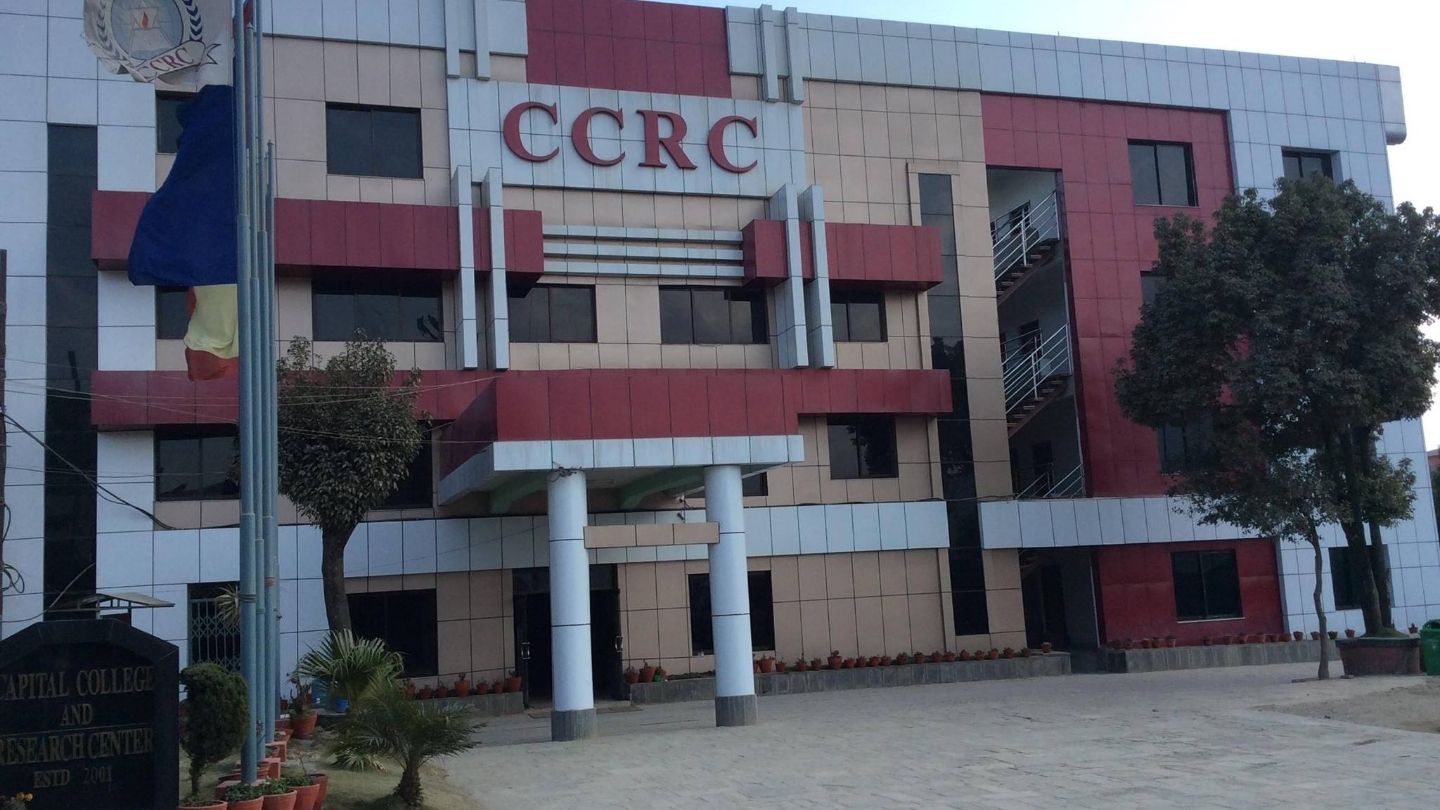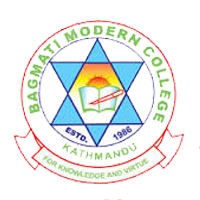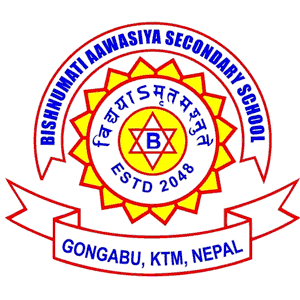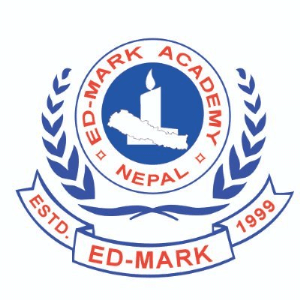Overview
Ten Plus Two (+2) Law at Capital College and Research Center (CCRC), Koteshwor, Kathmandu
Ten Plus Two (+2) Law at CCRC College Kathmandu is an NEB-affiliated program for Grade XI and Grade XII.
The stream helps you build a clear base in constitutional concepts, civil and criminal law, Nepalese legal systems, procedural rules, social studies, and legal drafting.
You will find session-aware information here on curriculum, admission, entrance exam, scholarships, counseling, library use, and classroom routines so you can plan your next steps with confidence.

Overview
CCRC runs NEB (+2) Law in two academic years. The program covers compulsory languages and social studies alongside foundational law subjects that connect directly to bachelor-level pathways.
You learn through classroom teaching, structured reading, question practice, and legally framed assignments. Legal Drafting in Grade XII adds applied writing tasks, which strengthens your ability to write clearly under time limits. Counseling is available on working days for academic planning, career options, and personal support.
Hostel facilities sit within walking distance of campus. Transportation runs on set routes inside the Kathmandu Valley. Library access, the computer lab, and student clubs support your reading and communication skills, which matter in law.
Highlights
-
Affiliation: National Examination Board (NEB), Nepal
-
Levels: Grade XI and Grade XII (+2 Law)
-
Location: Koteshwor, Kathmandu (near Balkumari Bridge)
-
Shifts: Morning (6:25 AM) and Day (10:25 AM)
-
Core Focus: Jurisprudence, constitutional structure, Nepalese legal system, civil and criminal law, procedural rules, and drafting
-
Support Services: Academic, career, and personal/clinical counseling; library and computer lab; hostel and transportation
-
Assessment Rhythm: Weekly/terminal tests and a pre-board exam for Grade XII
Curriculum Details
Grade XI subjects
-
Compulsory Nepali
-
Compulsory English
-
Compulsory Social Studies and Life Skills
-
Jurisprudence and Legal Theories
-
Constitutional Law
-
Procedural Law
Grade XII subjects
-
Compulsory Nepali
-
Compulsory English
-
Compulsory Social Studies and Life Skills
-
Nepalese Legal System
-
Civil & Criminal Law & Justice
-
Legal Drafting
What you actually do in class
-
Read articles and sections from standard references that reflect NEB learning outcomes.
-
Practice short-answer and long-answer questions that mirror board formats.
-
Write legal notes with correct headings and numbering.
-
Draft simple notices, applications, petitions, and basic contract clauses in Grade XII.
-
Discuss current legal developments in a structured way without turning the classroom into a debate club.
Objectives
-
Build a steady understanding of how law is formed, interpreted, and applied in Nepal.
-
Explain basic constitutional principles and the separation of powers in clear language.
-
Outline civil and criminal procedure at an introductory level.
-
Use correct legal terms when writing answers and drafting short legal documents.
-
Develop habits that match legal study at bachelor level: careful reading, note-making, and time planning.
Scope
Students from (+2) Law often move into:
-
Bachelor-level law routes (LLB, BA-LLB as per university rules)
-
Public administration, governance, and social science programs
-
Journalism and policy studies that require strong reading and writing skills
-
Entry roles that value written clarity, record keeping, and rule awareness
Law also strengthens your general ability to read statutes and rules in other fields, which helps if you later choose a non-law degree.
Learning Outcomes
By the end of Grade XII, students are expected to:
-
Summarize key ideas from Jurisprudence and relate them to simple case examples.
-
Identify constitutional bodies, interpret basic rights/responsibilities, and link them to real contexts.
-
Differentiate civil procedure from criminal procedure at a basic level.
-
Describe the structure and functions of the Nepalese legal system.
-
Draft short legal documents with clean structure and minimal errors.
-
Sit for written exams with clear paragraphing, citations to sections where relevant, and precise language.
Skill Development Modules
-
Reading Skills: Clause-by-clause reading, margin notes, and keyword marking.
-
Legal Writing: Headings, issue statements, brief rules, and concise conclusions.
-
Citation Basics: Clean references in answers without lengthy footnotes.
-
Time Planning: Weekly study maps, spaced review, and small daily targets.
-
Communication: Short presentations, peer explanation of rules, and structured Q&A.
-
ICT Use: Word-processing, formatting, and basic document management for assignments.
Teaching Methodology
-
Classroom Sessions: Concept teaching, short drills, and past-paper practice.
-
Drafting Workshops: Step-by-step tasks that turn a prompt into a finished legal note.
-
Assessment Cycle: Weekly/terminal tests and a pre-board that simulates NEB timing.
-
Feedback: Written remarks on structure, legal terms, and answer depth to improve your next script.
-
Counseling: Academic and career counseling for stream choices, university applications, and timelines.
-
Library and Lab Access: Reading rooms, reference works, and computer access for assignments.
Law faculty teach the stream and coordinate with English and Social Studies teachers for cross-skills like writing and civics. The Department of Law features instructors including Arnav Chaudhary and Rojan Khadka. Departmental lists may change by session; candidates can ask for the latest roster during counseling.
Admission Requirements
Eligibility (session-specific)
-
Minimum GPA for Law: recent college guidance has referenced 2.0 for Management/Law.
-
Subject-wise grades: recent guidance has referenced D+ in all subjects in some sessions.
-
Only regular SEE students of the current year may apply as per the policy for that session.
Application, Entrance, and Interview
-
Application Modes:
-
Physical: collect and submit the form at the front desk; attach two recent photographs.
-
Online: submit the form; visit the college at least one day before the entrance exam to collect the admit card and symbol number (bring two photographs).
-
-
Entrance Exam: Stream-relevant test on campus. Past notices have indicated a minimum pass mark of 40. Results are usually shared the next day via website, SMS, and email.
-
Interview: Shortlisted students attend an interview with a parent or guardian. Successful candidates receive an Admission Acceptance Letter with any scholarship information and a payment deadline.
-
Shift Selection: Morning or day shift is chosen when you collect the admit card.
Start of Classes and Conduct
-
Reporting times: Morning 6:25 AM; Day 10:25 AM.
-
Dress code: College red T-shirt until full uniform distribution.
-
Mobile policy: Phones are restricted inside classrooms; lockers available by request.
Career Opportunities
A law background from +2 gives you a head start in:
-
Law school entrances and first-year law courses
-
Public administration and local governance programs
-
Roles that handle rules and records in offices, wards, and NGOs/INGOs
-
Journalism, legal reporting, and documentation support
-
Policy-focused studies where you must read notices, regulations, and government circulars
Career counseling helps you compare degree routes, entrance calendars, and required documents so you can map your next step.
Scholarships and Financial Aid
Scholarship categories for +2 programs (Law stream included)
-
Merit scholarships based on SEE GPA under the session’s published grid.
-
Additional scholarships tied to entrance scores.
-
Entrance toppers’ awards for the highest scorers.
-
Term-exam performance awards for a defined period based on internal results.
-
Need-based categories: Principal Scholarship, National/Regional Level Players Scholarship, Star Performer in Art and Music Scholarship, CCRC Alumni Scholarship, Poor and Remote Areas Scholarship, Government School Scholarship.
-
Municipal provision: Scholarships for eligible government-school students as per Kathmandu Metropolitan City rules.
Continuation rule
Scholarships awarded in Grade XI continue in Grade XII when the student passes every terminal examination and follows the terms in the Acceptance Letter. If you qualify for more than one category, the higher benefit applies. Annual fee support does not exceed 100%.
Fees
The college publishes stream-wise fees each session. Law fee notices—registration, annual components, monthly tuition, and exclusions—are issued during admission. NEB fees, transportation, and hostel costs are separate. Families should request the current circular for final figures and payment windows.
-
Grade XI: Rs. 1,36,000.
-
Grade XII: Rs. 1,26,000.
Why Choose This Course?
-
Clear subject map that leads toward LLB or BA-LLB and related social science routes.
-
Early practice in legal writing through the Grade XII Legal Drafting course.
-
Steady assessment rhythm that matches NEB formats and timing.
-
Counseling support for entrance calendars, documentation, and university choices.
-
Library and computer lab access that supports reading, writing, and document preparation.
-
Hostel and transportation options that help you keep a consistent routine across the year.
Conclusion
Ten Plus Two (+2) Law at CCRC gives you a grounded start for legal and policy studies. You learn fundamental ideas in Jurisprudence, constitutional structure, Nepalese legal systems, civil and criminal law, procedure, and drafting. You also build habits that law degrees demand: careful reading, structured writing, and calm exam practice.























